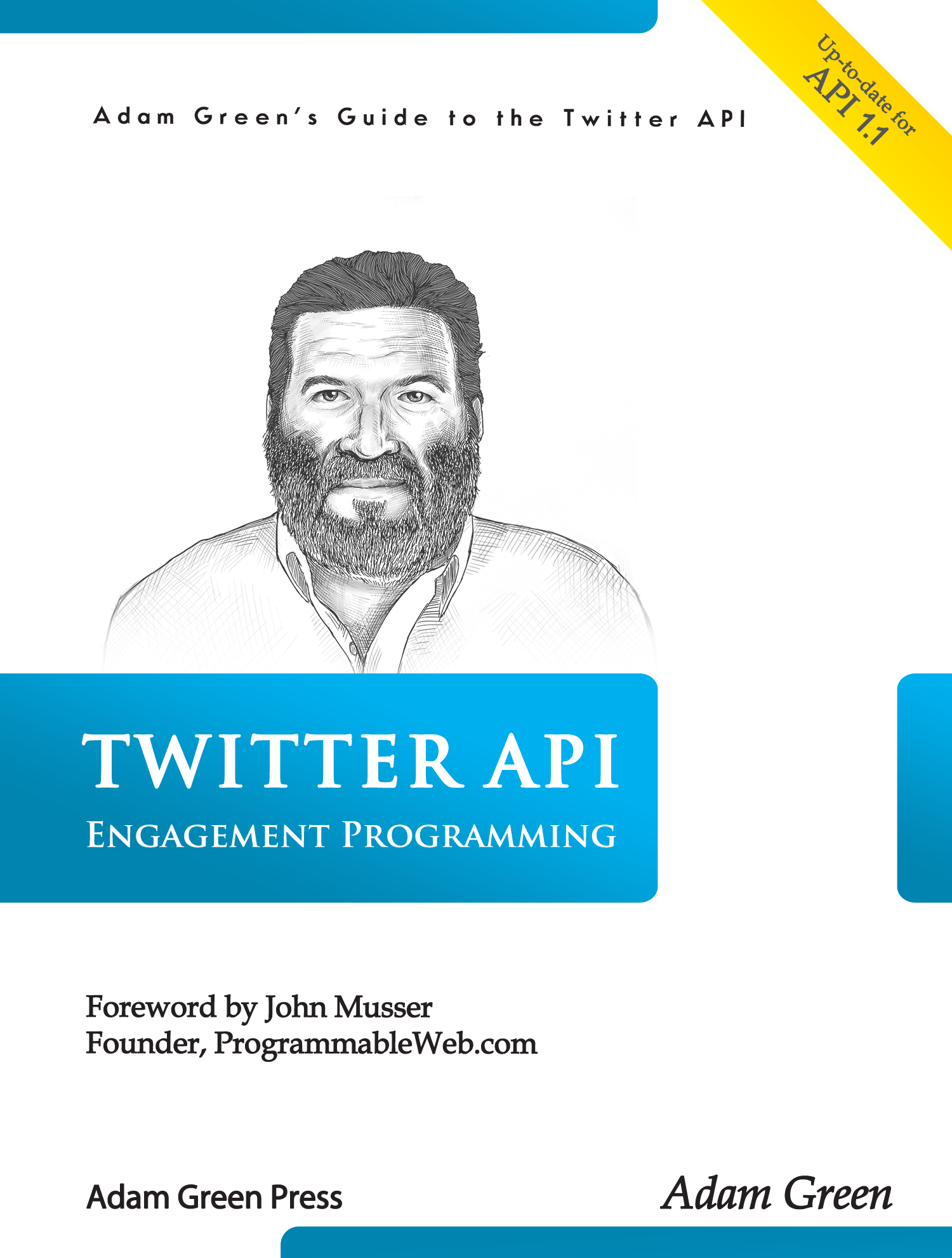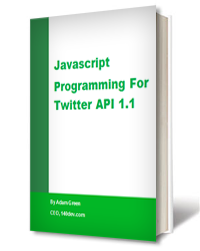The streaming API changed its behavior on April 22, breaking all the copies of the Phirehose library I have in use with my 140dev streaming API framework. Thankfully, a patched version of Phirehose was posted within a few hours. If you are running any copies of the 140dev framework, you need to replace your current […]
Installation note: All of the Twitter API tools are built around a set of common library files that must be downloaded and installed before running the code shown here. To run the scripts shown here, just copy them into the same directory as the common files. You can then run it as a web URL, […]
Installation note: All of the Twitter API tools are built around a set of common library files that must be downloaded and installed before running the code shown here. Twitter lists are a really underutilized feature, especially now that the limits have been raised to 1,000 lists, each with 5,000 members. I doubt if anyone […]
The previous post touched on some issues of protected accounts that should be pursued in more detail. Twitter’s rules for developers have two basic principles that apply here: Don’t surprise the user, and Respect user privacy. Both certainly apply to revealing data from a protected account. What becomes clear if you experiment with the code […]
Installation note: All of the Twitter API tools are built around a set of common library files that must be downloaded and installed before running the code shown here. For my first tool I’m going to keep it simple. This one should demonstrate my goals for these tools. They should be useful, single purpose, simple […]
The previous post listed the set of common library files needed to use the Twitter API tools. Installing this package to get ready to use the tools is pretty easy: Download the zipped set of files and unzip them on your local machine. Create a web accessible directory on your server. You’ll want this to […]
The collection of API tools will only need a few library files: db_lib.php, oauth_lib.php, and Matt Harris’ tmhOAuth library. These are all packaged together in a convenient zip file, ready for download. Here’s a summary of what you’ll find inside, and then we’ll look at the library code: cacert.pem – SSL certificate used by tmhOAuth […]
I already have two sets of open source Twitter API code: the streaming API framework, and my Engagement Programming book. Both of require a fair amount of setup, and the code is very interrelated. This new project will be a set of individual tools that can be run by themselves or called from any application […]
My latest set of enhancements to the streaming API framework is moving along nicely towards my goal of making this code a true production level tweet collection system. While I’m waiting for feedback on the new code, I wanted to take a minute to think about where this system can go. I see several possible […]
I wanted to fit one more enhancement into this new version of the streaming API framework. The major limit on performance of a tweet collection system is the number of rows in each table. This is most important during the parsing phase, when lots of insertions are done. MySQL slows down dramatically when it has […]
This set of changes is a significant improvement to parse_tweets.php. To allow you to use this separately from the production version, I’m calling it parse_tweets_keyword.php. You can place it in the same /db directory as the rest of the streaming API framework code. The only changes you will have to make is adding the following […]
Yesterday I introduced the database changes needed to control tweet collection with a table of keywords. Now we can modify get_tweets.php to collect tweets based on the contents of the collection_words table. To avoid confusion with the production version of get_tweets.php, I’m calling this new version get_tweets_keyword.php. This will let you place it in the […]








